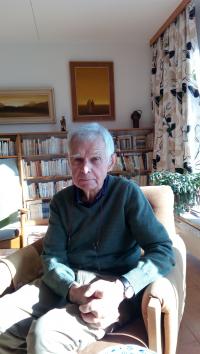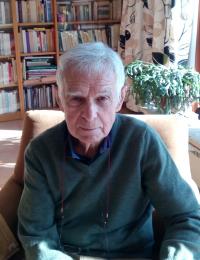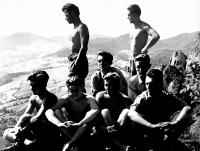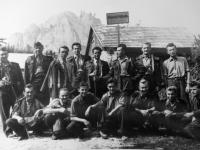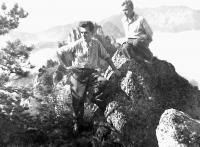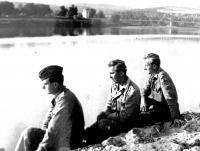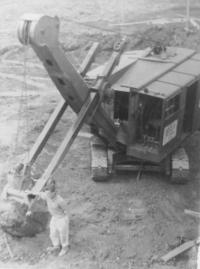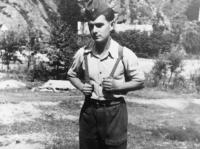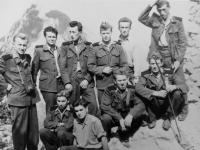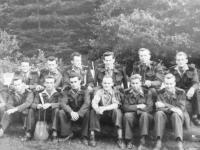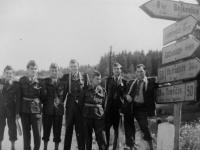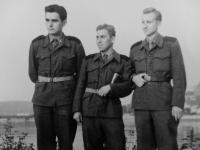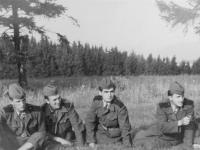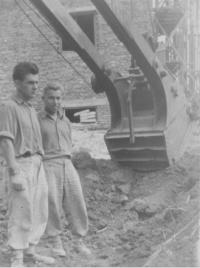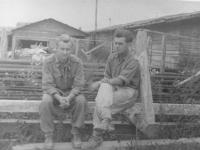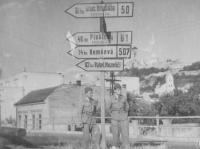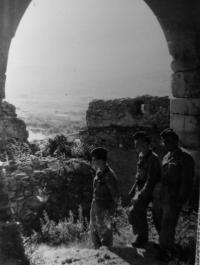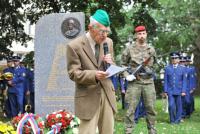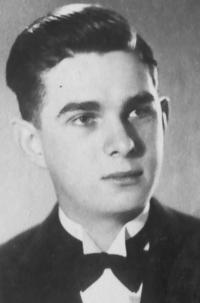When dealing with communists I had similar rules as if visiting a ZOO: Do not feed, nor provoke!
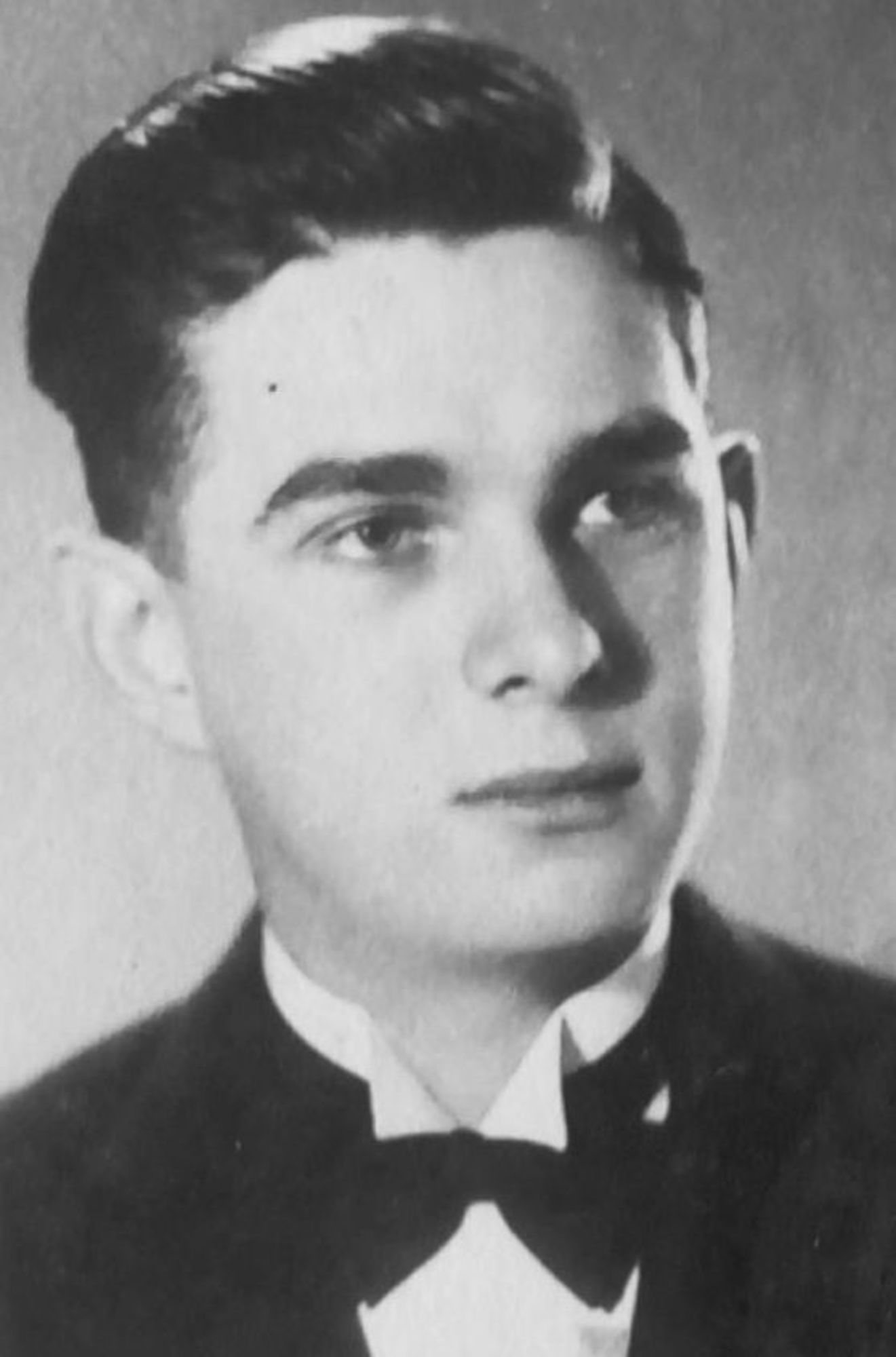
Download image
Dr. Jaroslav Václavek was born on April 30, 1928 in Košice, which after the Vienna Award (1938) became a part of the Hungarian Kingdom. After completing an elementary school education he continued his studies at a grammar school, from which he transferred to Secondary School of Engineering in Košice. As a 16-year-old he was subjected to draft obligation for forced deployment in the warlike Germany and he had to hide as a deserter. After the communist takeover, his family was marked as a party enemy because of operating a retail business. Jaroslav graduated from secondary school in 1947. Afterwards he worked in the Eastern Slovak Machine Works in Košice, where he became a target of accusations related to hiding a religious petition. In 1950 he enlisted into the penal military service in units of Auxiliary Technical Batallions (PTP) in Komárno. With the exception of a short break due to critical health conditions, he stayed there until 1954. In 1960 he graduated from the Faculty of Medicine of the Masaryk University in Brno. He spent the majority of his professional life as an internist working at the Bytča health centre. In 1967 he got married to Dr. Tatiana Václavková, née Kochanová. During the era of normalization he was involved with religious ministry and occasional dissident activities. Since 1996 he has been retired and lives with his wife in Žilina - Vranie.
